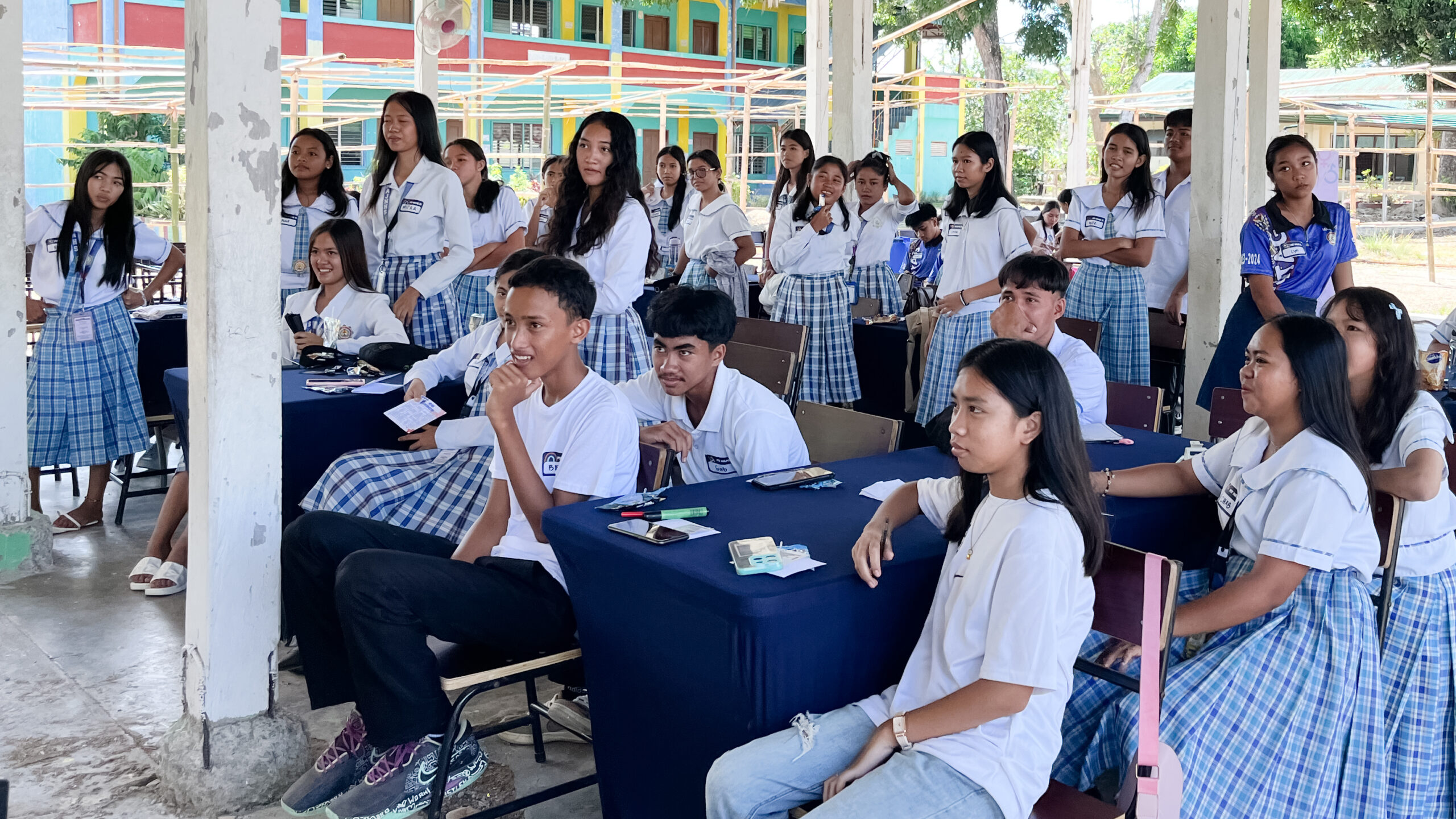Published on Rappler, July 29, 2024
In his 2024 SONA, President Marcos called public school teachers the foundation of our educational system and national learning recovery. He announced benefit packages and upskilling programs for teachers to improve Filipino learners’ literacy, problem-solving, and critical thinking.
The President and newly-appointed Department of Education (DepEd) Secretary Sonny Angara must not forget teachers’ professional development in implementing comprehensive sexuality education (CSE) to ensure learners’ competitiveness is not undermined.
Many teens still hold dangerous misconceptions about sexual health, believing, for instance, that drinking bleach cures sexually transmitted infections and jumping after sex prevents pregnancy. This situation exacerbates our country’s soaring teen pregnancy rates. Over 400 Filipino girls aged 19 and below give birth daily!
The problem isn’t a lack of policy. The 2012 Responsible Parenthood and Reproductive Health Law (RH Law) and a 2018 DepEd memo mandate reproductive health concepts in public school curricula. The new Matatag K to 10 curriculum includes topics like genital care, healthy boundaries, communication, and sexual and reproductive health rights as early as Grade 4.
However, implementing CSE is challenging. In 2022, only 1.1 out of 32 million learners received CSE, according to the UN Population Fund. This shortfall stems from a lack of budget, guidance, and teacher training. Many teachers simply lack confidence because they did not study sex ed topics formally.
Also, in a predominantly Catholic country, conservative beliefs persist. Many fear that sex ed leads to promiscuity, but studies show that it leads to more cautious sexual behavior. Young people delay sex when they know the consequences.
In the past 15 years, Roots of Health, an organization I lead in Puerto Princesa, has educated 100,000 learners about their bodies, sexual health, and reproductive rights. Our services helped reduce unplanned and teen pregnancies in the city, contrasting with regional and national trends. With 27 million Filipino learners vulnerable to early parenthood, government efforts must be intensified.
Adolescent childbearing leads to poor health outcomes for mother and child and limits education and employment opportunities, impacting future generations. This imposes significant social and opportunity costs on the government. Economically, preventing teenage pregnancies is essential.
Young girls often engage in risky sexual behavior due to peer influence and personal challenges, while many boys see early sexual activity as a rite of passage. As CSE covers body autonomy, consent, healthy relationships, and wellbeing, it helps address mental health issues, unhealthy relationship power dynamics, and gender-based violence. Humanely, providing young people with this information saves lives.
Roots of Health has also trained 6,700 public school teachers in Palawan who see the value of CSE. But a recent DepEd memo requires them to stick to basic education and categorizes our activities as disruptions. This limits our in-school CSE sessions and teacher trainings.
Fortunately, in 2021, we launched the I CHOOSE #MalayaAkongMaging online campaign, creating a safe space for young people to learn about puberty topics in Tagalog. We have published hundreds of materials – articles, artwork, videos, and games – on malayaako.ph and the ICHOOSE Facebook page which has over 25 million subscribers. A chatbot answers questions 24/7 and directs users to relevant content.
These platforms offer young people credible information and destigmatize learning about taboo topics that are already very much part of their lives. In schools, adolescent sexual and reproductive health (ASRH) coordinators and peer navigators link learners to resources like I CHOOSE.
We welcome the President’s focus on digital learning and we await progress on DepEd’s plan to integrate existing youth-centered platforms on mental health, ASRH, and overall health. But both offline and online efforts require funds, training support, and political will. If the President and the Secretary are serious about improving teacher competencies and increasing learners’ competitiveness, DepEd should earmark funds for full CSE implementation in the next budget cycle.
We urge Secretary Angara to build on the successes of the RH Law and the CSE memo by leading the agency in the holistic formation of learners. Filipino youth deserve accurate information about their bodies and the guidance to make decisions that allow them to thrive. Empowering young people to take control of their lives will benefit the entire country now and in the future. #





